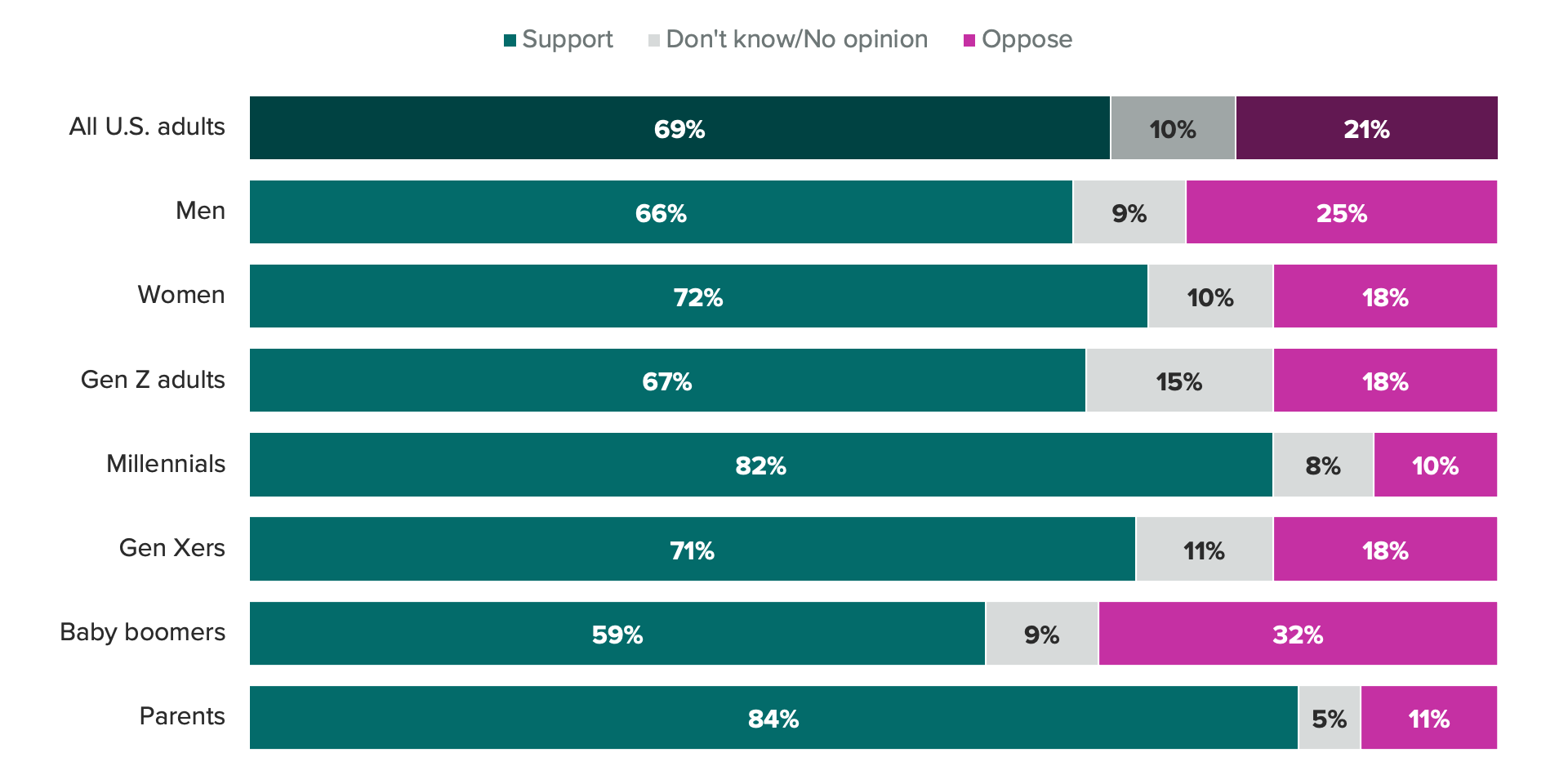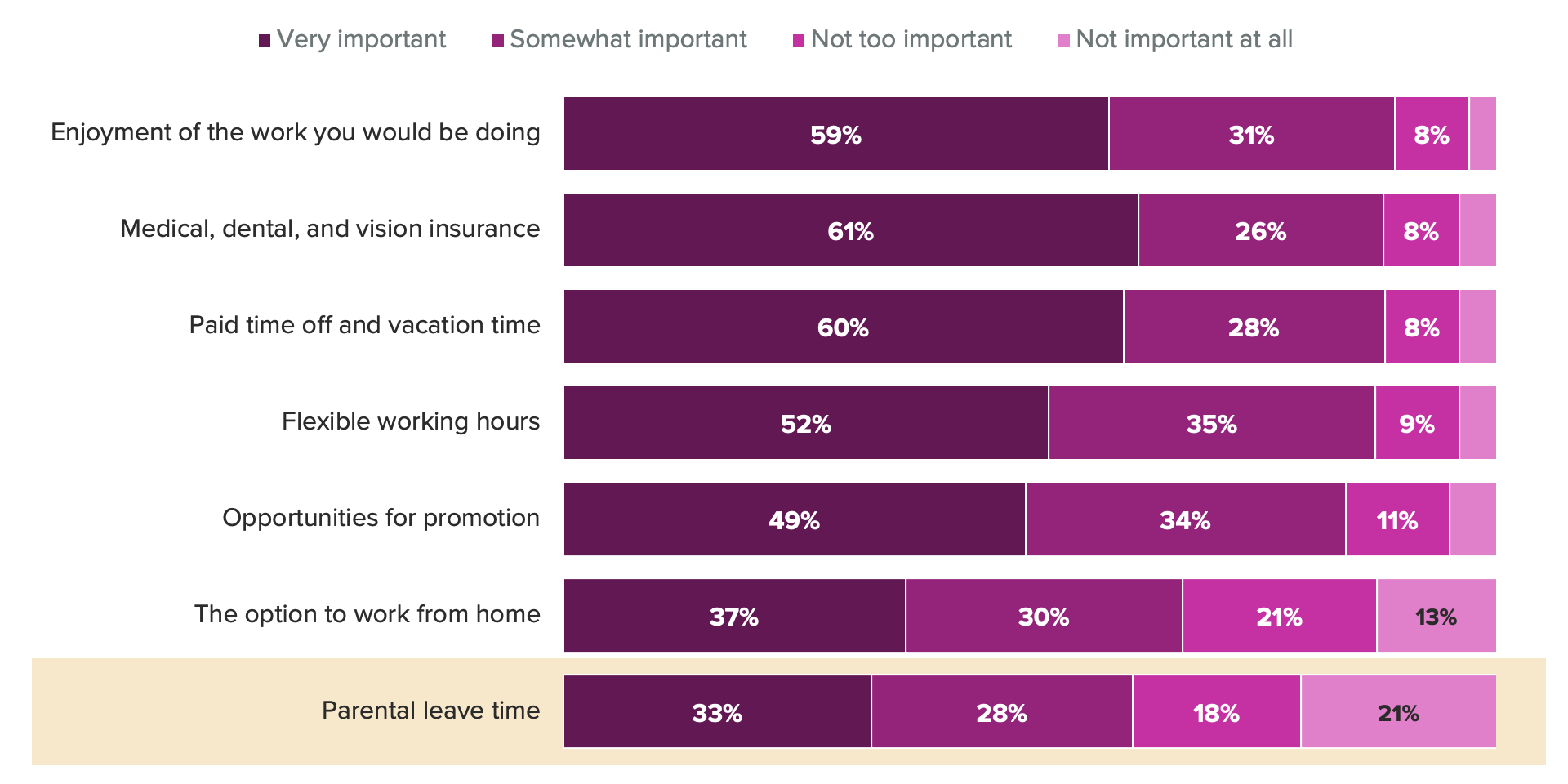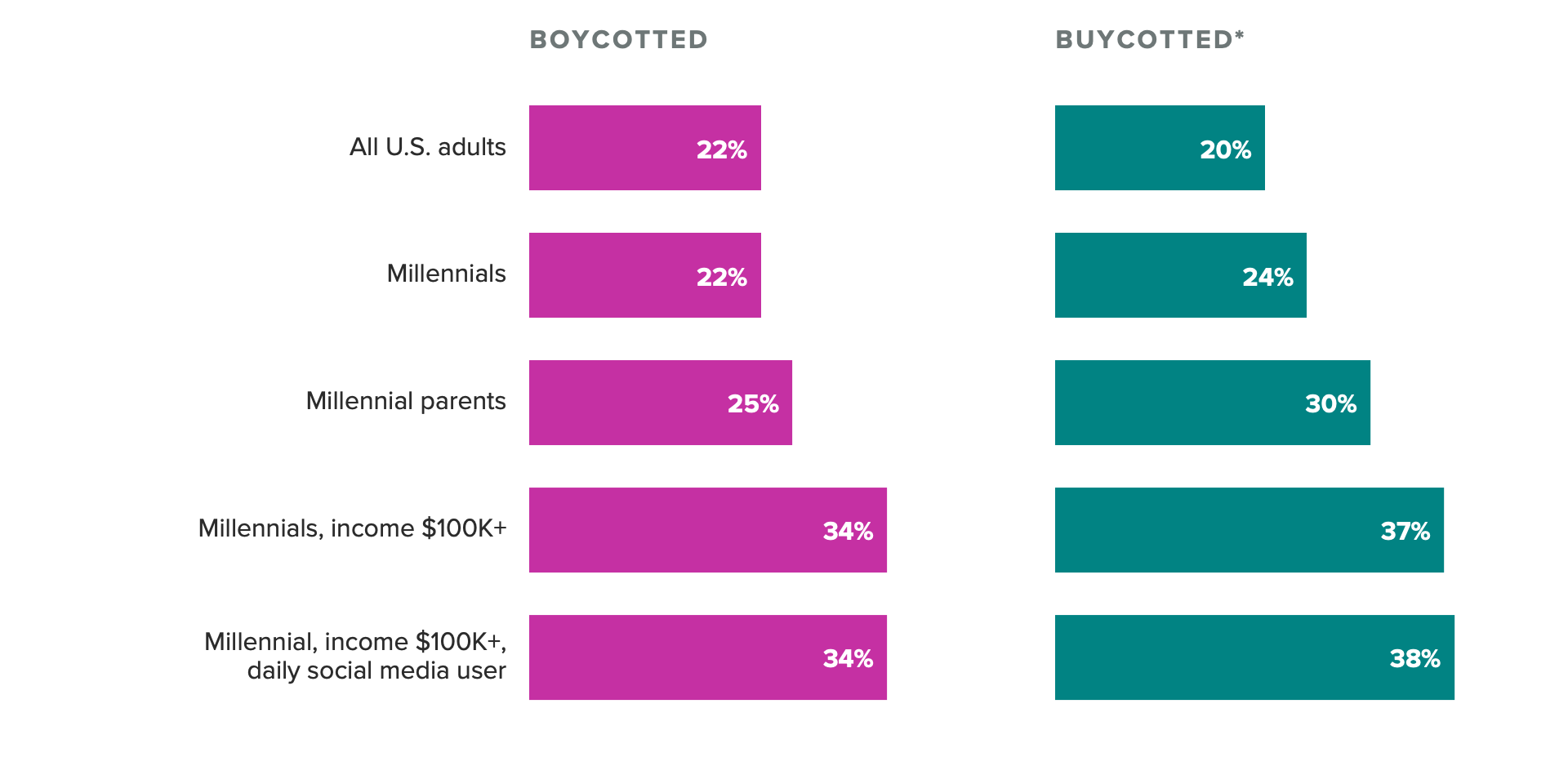Kyte Baby’s Parental-Leave Debacle Is a Cautionary Tale for Brands in 2024

Key Takeaways
69% of U.S. adults support federal backed paid leave for new parents, both mothers and fathers, although leave drops in importance when compared to other employment benefits.
Such broad support for parental leave makes the issue a bit of a political layup for politicians looking to curry favor for their own political agenda.
It’s become trickier for brands to navigate their own corporate activism in recent years — election years magnify that difficulty.
Sign up to get the latest global brand, media and marketing news and analysis delivered to your inbox every morning.
The recent Kyte Baby public relations crisis, in which the small baby clothes company denied an employee’s remote work request while her newborn was in neonatal intensive care, is the latest case study for brands navigating the choppy waters of 2024.
The incident has also brought renewed focus to the topic of paid parental leave, an issue that has the potential to become an even bigger topic of discussion as the 2024 presidential race heats up — not due to its political divisiveness, as is the case with many issues leading into the November election, but because of the issue’s broad support.
There’s broad backing for government mandated paid parental leave policies
Roughly 7 in 10 U.S. adults support federal backed paid leave for new parents, both mothers and fathers. Millennials, who make up the largest share of Gen Alpha children and are the most likely to be using parental leave, show the strongest support.
Consumers Back Paid Family Leave for Mothers, Fathers

Our research shows there is also broad support by political party, as well.
Most workers view a company’s parental leave policies as important, but they fall to the bottom of their workplace “must haves”
While a majority (61%) of U.S. adults say parental leave is at least “somewhat” important when considering a potential employer, the benefit is dwarfed by other employment factors including health insurance and paid time off. To some extent, this is to be expected — but it’s noteworthy that a majority of workers still cite parental leave so high.
Importance of Parental Leave Falls as Workers Compare Other Workplace Factors

Key groups are likely to place more importance on a potential employer’s leave policies including women (62%), millennials (70%) and active job seekers (67%), or those who have been looking for a new position in the past four weeks.
Brands with consumer bases like Kyte Baby have the most to lose — and gain — from purpose driven marketing
As we enter what is sure to be another explosive election year, brands need to arm themselves with an understanding of their consumer base — and how that base will react to PR missteps. (More importantly, perhaps, is that they ensure their public image matches the decisions they're making every day, no matter how small. Consumers are always watching.)
Kyte Baby’s high-end organic clothing product offering makes its consumer base a bit more wealthy, for example. It also leans millennial and parental. Morning Consult research shows that these demographics are more likely to boycott a brand compared to the average consumer, validating the calls to boycott Kyte Baby.
Twenty-two percent of U.S. adults said they have boycotted a brand in the past year over political reasons, according to Morning Consult’s 2024 corporate activism playbook, a figure that grows among millennial parents, wealthier millennials and wealthy millennials who use social media at least daily.
Wealthier Millennials, Especially Parents Who Are Extremely Online, More Likely to Boycott and Buycott Brands

This specific consumer base will also go out of their way to purchase goods and services from brands that match their values. Millennials, especially wealthy millennials who are daily social media users, are more likely than the average American to say they’ve buycotted a brand, or spent money to support a company over the past year for political reasons.
A brand crisis like this becomes even more risky during an election year, when politicians are eager to use news cycle fodder to pitch voters on, and curry favor for, their own policy agenda. That’s even more true for issues such as parental leave, which have such broad bipartisan support. And the consumers who take their cues from politicians tend to also be those who express their values with their pocketbook.
Kyte Baby has put itself at risk of becoming a political punching bag this year. But if it can avoid that level of scrutiny, and carry out meaningful changes to its leave policies that customers want to see, it’s likely that just like many other brand scandals, consumers’ short memories will mean the company can put this incident behind them.
Joanna Piacenza leads Industry Analysis at Morning Consult. Prior to joining Morning Consult, she was an editor at the Public Religion Research Institute, conducting research at the intersection of religion, culture and public policy. Joanna graduated from the University of Wisconsin-Madison with a bachelor’s degree in journalism and mass communications and holds a master’s degree in religious studies from the University of Colorado Boulder. For speaking opportunities and booking requests, please email [email protected].